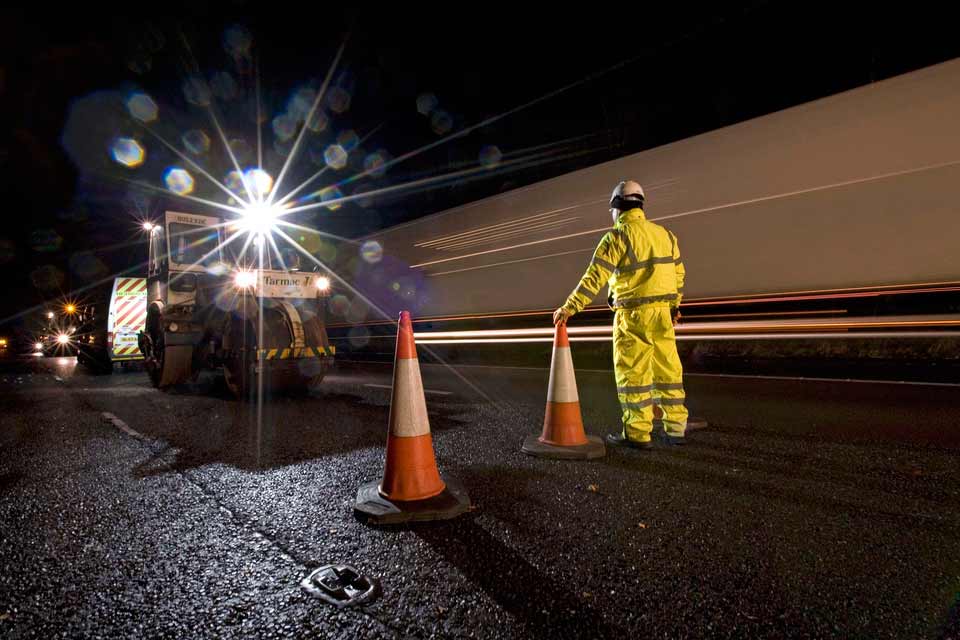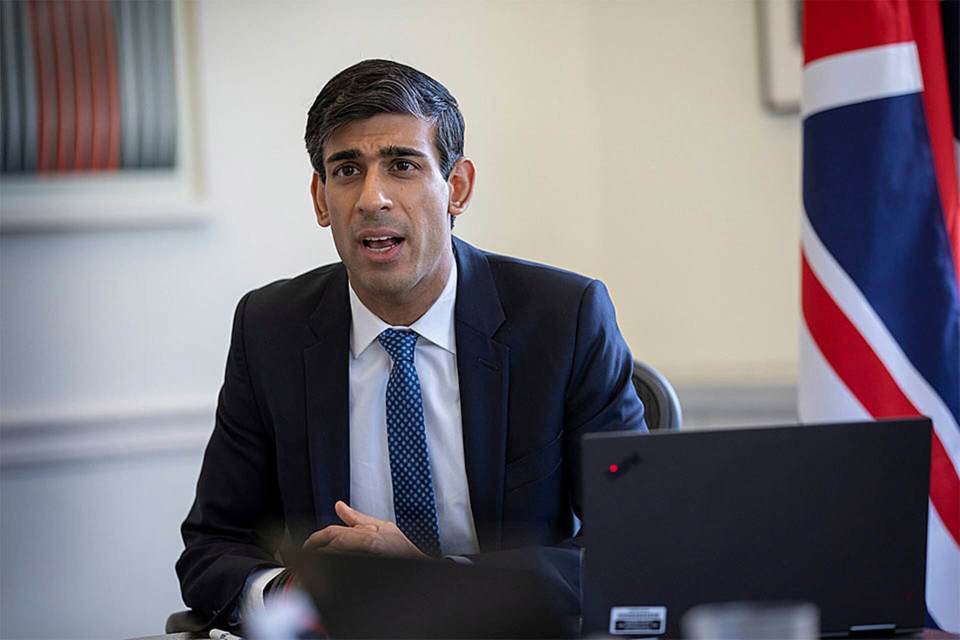The Conservative party has vowed to “back drivers” by stopping road pricing and reversing the expansion of London’s ultra-low emission zone (ULEZ), ahead of the General Election on July 4.
Launching the party’s manifesto at Silverstone today (Tuesday, June 11), Prime Minister Rishi Sunak outlined a package of policies.
With a focus on cutting taxes and tackling migration, the party also outlined its plans for transport.
The most eye-catching policy was a pledge to stop road pricing, but there was no indication how the Conservatives would plug the predicted shortfall in road taxes from the switch to electric vehicles (EVs).
It says: “A Conservative Government will not introduce pay per mile road pricing and will ban mayors and local councils from doing so.”
It would be included in a Backing Drivers Bill, which would also ditch the expanded ULEZ, introduced by Labour London Mayor, Sadiq Khan, and include a requirement to hold local referendums ahead of the introduction of new 20mph zones and Low Traffic Neighbourhoods.
The manifesto states: “Sadiq Khan’s ULEZ tax rise only has a ‘moderate’ or ‘minor’ effect on pollution.
“The expansion impacts thousands of people living around London who had no say in his election and can now no longer afford to get to hospital appointments or where they work or study. We will reverse it.”
It argues that, since it was elected in 2010, the Conservative Government has “consistently” been on the side of drivers.
The manifesto says: “We have prioritised freezes in fuel duty and recently published our ‘Plan for Drivers’ including reforms to make better use of bus lanes, introduce penalties for overrunning street works and implement a consistent approach to the enforcement of entering yellow box junctions.”
It adds: “Following the recent consultation, we will allow motorcycles in all bus lanes and reform motorcycle licensing.”
It has also pledged to rollout a National Parking Platform this year to simplify paying for parking and will also give councils the power to ban pavement parking, provided they engage with businesses and residents to ensure they are not adversely affected.
In addition, it says it remains “steadfastly committed” to road safety and will maintain its pledge to build no new smart motorways and invest in improving the safety of existing ones.
On infrastructure, it says it will invest £36 billion in local roads, rail and buses to drive regional growth, including the previously announced £8.3bn to fill potholes and resurface roads, funded by cancelling the second phase of HS2.
The manifesto says: “We have invested £40bn in England’s strategic roads between 2015 and 2025, with further investment to come in the next Road Investment Strategy, ensuring we can deliver major roads including the Lower Thames Crossing and the A303.
“This is alongside the road schemes set out in our Network North plan, including the A1 between Morpeth and Ellingham.”
It adds: “Automated vehicles will be on British roads in the next Parliament, thanks to our new world leading legislation.
“We will support people to choose electric cars by ensuring our charging infrastructure is truly nationwide, including rapid charging and delivering the Zero Emission Vehicle Mandate to support manufacturers to safeguard skilled British jobs.”
Reacting to the manifesto launch, the RAC's head of policy, Simon Williams, welcomed the pledge to rollout the Pumpwatch scheme and launch a National Parking Platform.
However, he said: “It’s disappointing that there is no mention of road casualty reduction targets or a commitment to give councils long-term certainty of funding for local roads.
“We continue to believe the road casualty reduction targets – which were abandoned 14 years ago – should be reinstated, especially as pedestrian fatalities hit their highest rate since the pandemic this year.”
He also noted that, while welcome, the previously announced £8.3bn of reallocated HS2 funding for resurfacing 5,000 miles of local roads only represents 3% of all council-run roads in England.
Spread over an 11-year timeframe, Williams stressed the funding would not scratch the surface of country’s pothole problem.

“We would have liked to see a commitment to ringfencing some general taxation to pay for local road maintenance, which would give councils the ability to plan long-term programmes to bring their roads back up to a fit-for-purpose state,” he said.
“We were also surprised that pay-per-mile road pricing would be ruled out so definitively. With fuel duty revenue already declining and set to fall even further as more electric vehicles come on to the road, a replacement form of taxation will have to be introduced to avoid losing billions.
“Any further drop in tax revenue could ultimately result in our local roads crumbling into an even worse condition.”
The Road Haulage Association (RHA) says that, while direct references to freight are limited, the policies outlined will have a positive impact on the sector including on planning reforms, infrastructure investment and business support.
One of the focuses of the manifesto is infrastructure, and the faster delivery of projects. The Conservatives have pledged to reduce the average time to sign off major infrastructure projects from four years to one year in part by ending “frivolous legal challenges”, which hold up the delivery of key infrastructure commitments like the A66 Northern Trans-Pennine Project.
The RHA welcomed this commitment alongside a recommitment to extending full expensing to the cost of leased assets.
However, as the UK approaches the phase out dates for diesel commercial vehicles, the Conservative manifesto makes no reference to decarbonising the heavy vehicle sector.
“This is disappointing as the industry urgently needs clarity, certainty and a clear roadmap to net zero,” said the RHA.
Richard Hebditch, UK director at Transport and Environment, says it is also “baffling” that there isn’t a focus on policies to reduce the UK's reliance on foreign oil.
“Electric cars and trucks are dirt cheap to run, don't drench the air with pollution and don't rely on Middle Eastern oil. But there is nothing new in the manifesto to accelerate their uptake nor to effectively tackle out-of-control aviation and shipping emissions,” he said.
“The 2019 manifesto committed the Conservatives to ‘lead the global fight against climate change’. Watering down ambition serves no-one and undermines the cross-party consensus on which the UK’s strong progress has been built.”
The Conservative manifesto launch followed the unveiling of the Liberal Democrat manifesto yesterday (Monday, June 10).
It has vowed to reinstate the plug-in car grant and the ban the sale of new internal combustion engine (ICE) cars and vans from 2030.
It also says it will support new chargers with an upgraded National Grid and a step-change in local grid capacity, cut VAT on public charging to 5%





















Login to comment
Comments
No comments have been made yet.